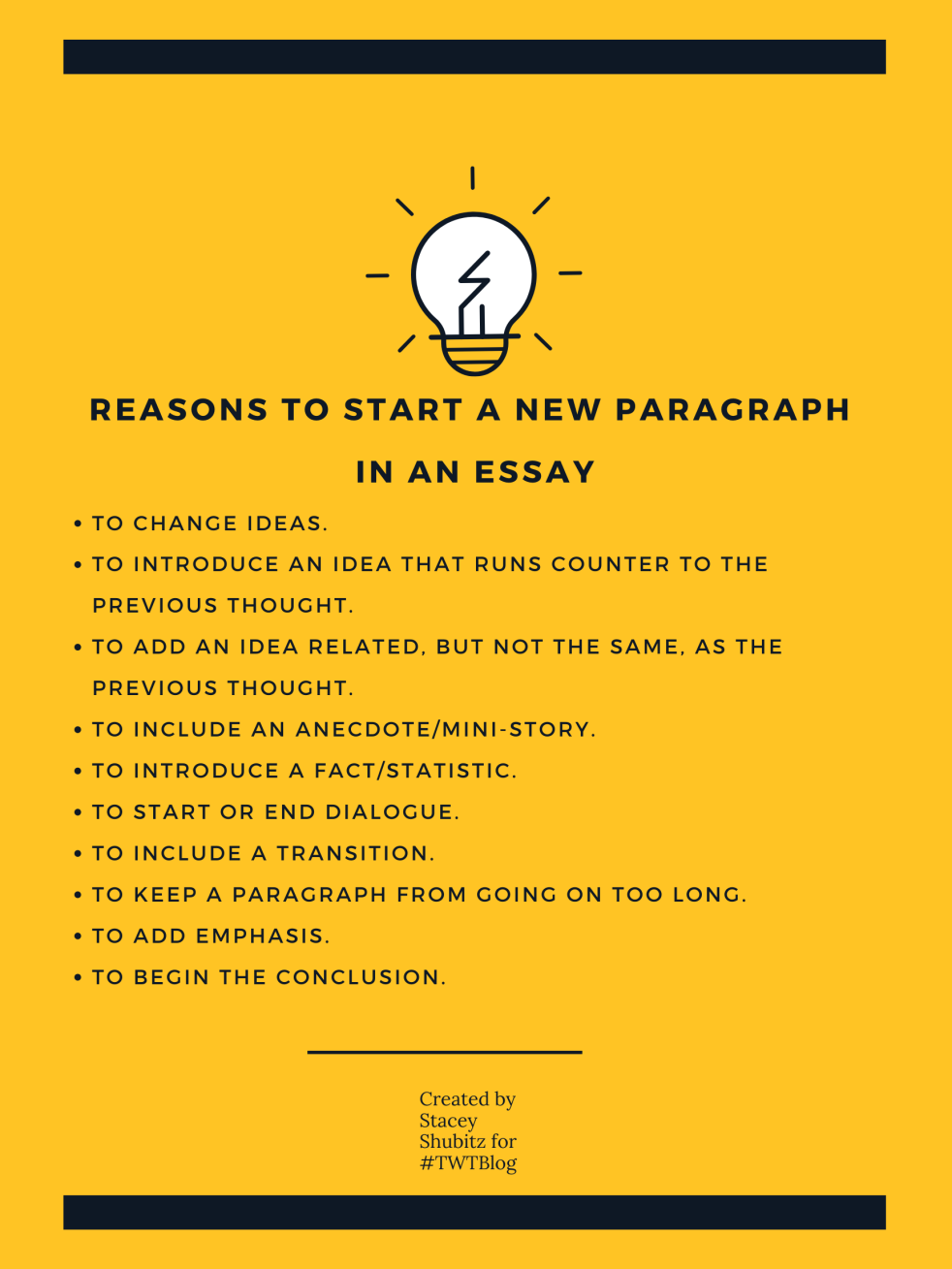If you’ve determined that carving out space for your own writing life is important this summer, here are a few tips for making it happen.
Category: Teachers who write
Mining Your Writing for Mentor Texts
My March 2021 SOLSC blog posts can be used as mentor texts as my class embarks on the April 2021 Classroom SOLSC! Read on for more details about using your own writing as mentor texts for your students.
Write the Moments: Documenting a Most Unusual School Year
If ever there were a moment in education to pay attention, be astonished, and tell about it in our writing, I wager it's now. This is the season of school evolving and changing. This is the back to school season with words we never imagined before- sneeze guards, Zoom breakouts, synchronous and asynchronous, mask breaks, temperature checks, distance learning, hybrid model. What we always knew is no longer, for the most part. What remains? How do we teach well in a COVID-19 world? What matters? What doesn't? This year, we need to write the moments.
Teaching Writing: A Review and Book Giveaway
"The most important belief is that kids need the opportunity to grow up as writers, writing a lot, just as they talk and read and do math a lot," (Calkins, '20).
Moving Beyond the Five-Paragraph Essay: Expand the Possibilities of the Genres You Teach
Are students constrained when they write five-paragraph essays? If we change our working definition of essay writing, then we can teach beyond the five-paragraph essays we often see in schools.
Interview with Teacher and Author Kate Narita + Giveaway
4th grade teacher and published author, Kate Narita, answers my questions today about being a writer and an educator who is currently in the classroom. Be sure to comment for a chance to win a copy of Kate's book 100 Bugs! A Counting Story, a class set of bookmarks, and a 15 minutes Skype with Kate!
Intentional Practice In Our Writing Classrooms
Intentional practice leads to better performance. Writing instruction follows a similar pattern, and by about six weeks into the year, teachers know their students. Just like soccer coaches, teachers can start to develop some responsive instruction, both from the figurative sidelines, as well as through direct instruction.
4 Tips for Modeling with Your Own Writing
For many of us who work to live as writers and teachers who write, we likely do so in order to appreciate the challenge, the complexity, and the thrill that writing can provide for our lives. It is living through the process that matters. But what about turning some of our writing into teaching tools for our writing workshops? Here are four tips...
This Is the Year I’m Going to Write Alongside My Students
When a teacher not only brings the knowledge and pedagogy to teach, but also love, passion, and an ability to demonstrate-- whether it be playing an instrument, speaking another language, or writing-- a certain authenticity is added. My father used to call it “walking the talk.” This week, my colleagues at Two Writing Teachers are committed to supporting teachers in dreaming big for this year’s writing workshop. Perhaps part of dream your for this year will be to authentically live the life of a writer! Here is some inspiration to make that dream a reality . . .
Today is a Great Day to Learn Something New
So, as I enter the start of my school year, I am proud to identify as a lifelong learner in every sense of the word. I am a professional who continuously strives to grow in my craft. I surround myself with people that inspire me to be the best I can be and I actively seek out opportunities to do so as well. I modify and implement what I learn to better my teaching. I learn from my mistakes, take in the advice of others and adjust accordingly. Additionally, I am a curious minded individual who seeks out new experiences, new people, new places and is willing to take risks to better myself. I am leading by example to my students as I follow the mantra hanging in the front of my classroom- “Today is a great day to learn something new!”
A Teacher’s Plan to Keep Writing Going in the Summer
Find your purpose. Find your crew. Find your sunrise. Write.
Showing Not Telling: Demonstrations Matter
We've all likely taught 'show, don't tell' lessons in our narrative units. But showing not telling can have instructional meaning, as well...













